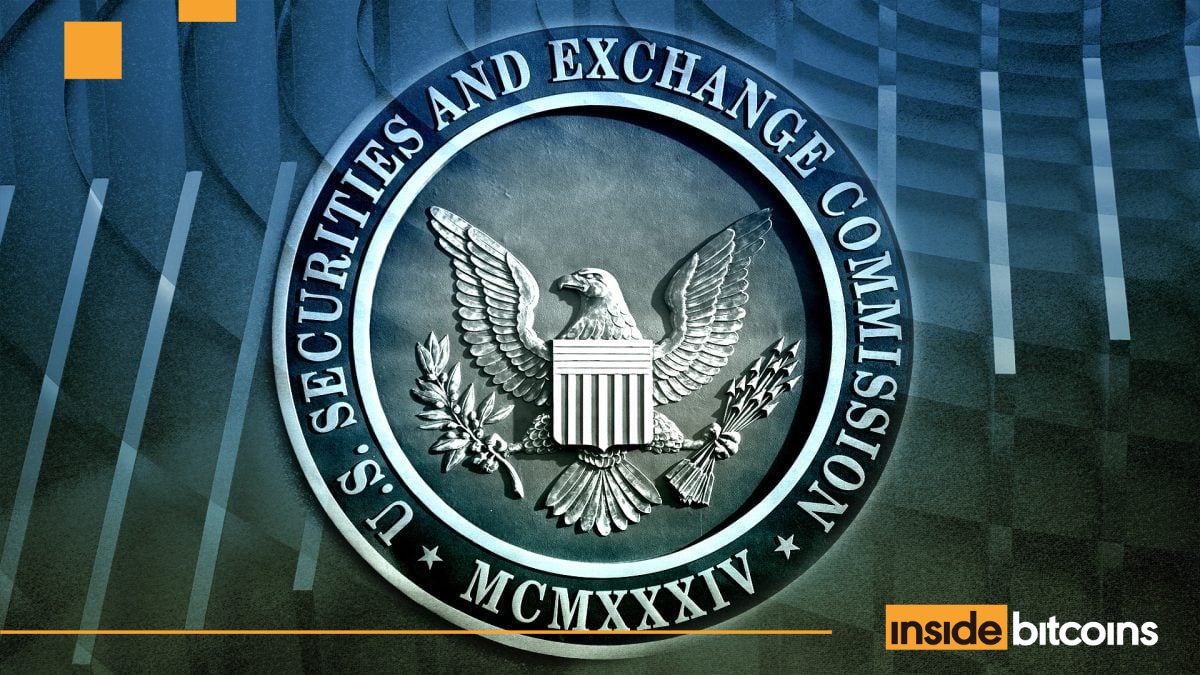2019-6-12 12:30 |
The race to create a standardized framework for a new era of tokenized securities on the blockchain is ramping up. Often cited as the ‘future of banking,’ tokenized financial instruments present some compelling advantages in areas such as automated compliance, settlement times, and asset interoperability.
Issuance platforms for security tokens, which are securities issued and tradeable on a blockchain, are on the rise as service providers enter a budding market gleaming with potential. One firm, Mt Pelerin, is striving to extend the concept of tokenized securities to an entirely new dimension, building a whole bank on the blockchain in Switzerland.
It’s an ambitious goal, and their open-source, compliance-focused tokenization framework was the first step in creating a modular and durable framework for the issuance of financial assets on Ethereum. Now, Mt Pelerin has taken the next significant step forward on its path towards open finance with the announcement of its one-stop shop tokenization services to supplement the open-source tokenization framework.
According to, Arnaud Salomon, MT Pelerin Founder, and CEO,
“The purpose of our services is to provide easy access to startups and companies in the digital asset market to the most advanced compliant tokenization framework and professional services.”
The Future of Open Finance
Much like how the early revelations of the Internet’s potential in the 1990s helped to reshape much of Wall Street today, financial institutions are slowly beginning to realize that the trend towards open financial products is inevitable.
Based on the concept of bringing more transparency, efficiency, automation, and censorship-resistance to the financial system, open finance [i.e., DeFi]is an emerging trend in the cryptocurrency market. Open lending protocols that issue loans via smart contracts — such as MakerDAO – along with other financial instruments such as security token styled bonds built on the network Ethereum are making headway among conventional finance entities.
Many financial institutions have relied on permissioned blockchains so far when it comes to experimenting with digital assets, meaning closed systems where banks would remain the gatekeepers. However, as more research and effort is conducted in the space, banks realize that open financial systems, just like the open and early permissionless Internet, may be unstoppable and in fact attractive.
Mt Pelerin has taken this sentiment and run with it, striving to build all of the financial products and instruments offered by a traditional bank on a chain – completely open-source and available to everyone. At its core is Mt Pelerin’s open-source framework for issuing digital assets like securities in full compliance of financial regulations.
Mt Pelerin’s existence in Switzerland has also provided them with a unique opportunity to expand on their open-source tokenization framework, however.
Salomon also added:
“With its comprehensive and flexible compliance enforcing capabilities, our protocol is the best candidate to establish a tokenization standard, we are working toward a standardization via our membership of the CMTA and its big industry members such as Swissquote, Temenos, Pictet, UBP and more.”
The CMTA is the Capital Markets and Technology Association in Switzerland, an organization deeply embedded in Geneva’s legal and financial sector, whose objective is to define common standards for the application of distributed ledger technology to banking and finance. Combined with Mt Pelerin’s financial intermediary authorization, the firm can offer a complete range of professional services surrounding a token issuance that other issuance platforms rely on third-party service providers for.
Salomon quoted:
“Unlike other asset issuance platforms in the market, we are an authorized financial intermediary in Switzerland, we can conduct KYC/AML on behalf of our clients, provide services such as the setup and support on share purchase agreements, and we are one of the few providers that can collect fiat funds on behalf of clients with full AML compliance documentation for their bank.”
Mt Pelerin’s services are designed to supplement the potential of its open-source tokenization framework. For companies looking to tap into open financial assets or issuance on the tokenization framework, Mt Pelerin can guide them through the process and make the whole experience as simple as possible. And what separates the tokenization framework from other protocols built on Ethereum is important.
Salomon detailed:
“Our protocol is capable of cross-asset compliance, meaning that the programmatic and management of regulatory compliance is independent of a particular token issued on the protocol and can, therefore, be applied and enforced across tokens, time and users.”
He continued
This design is different from other protocols, where achieving compliance is typically a confluence of third-party service providers and token whitelists. “It is a much more refined approach than other protocols, which manage compliance with a whitelist for each token they issue.”
Tokenized assets promise to be highly disruptive for capital markets. Direct exchanges between buyers and sellers, self-issuance capabilities, fewer intermediaries, and a customizable token framework are all optimal arrangements for granting broader access to a historically walled garden of finance where access by small and medium enterprises is curtailed.
With an innovative open-source protocol, a suite of new professional tokenization services, and residence in a regulatory-friendly haven like Switzerland, Mt Pelerin believes they have a significant advantage to offer companies in the digital asset market.
Salomon also said:
“We are the tokenization leader in Switzerland, with not only the open tokenization framework we built but also with many productive relationships with Geneva banks and institutions who consult us on the topic.”
The post Mt Pelerin unveils One-Stop Shop Tokenization services appeared first on AMBCrypto.
origin »Bitcoin price in Telegram @btc_price_every_hour
Shopin (SHOP) íà Currencies.ru
|
|








